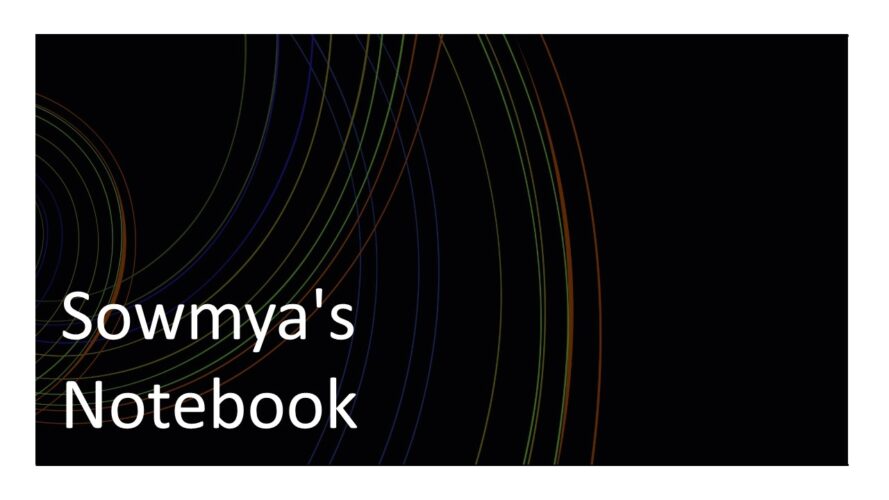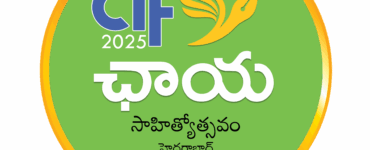As readers, we often come across bits of writing that seem odd and out of place. Join me in this piece as I share three recent amusing finds from reading Indian language classics in English translation.
The first one came up while reading an English translation of Markandeya Purana by Bibek Debroy, published by Penguin Random House India (Google Books Link). The book is quite interesting, and let us say the translation doesn’t make reading difficult. There are some peculiar Indian mannerisms in translation (e.g., use of superlative adjectives etc, which perhaps were there in the original Sanskrit version too), which I don’t mind, as I acknowledge that Englishes are many, and we don’t have to degrade one style to elevate the style we like (American or British English, typically). However, this particular sentence cracked me up in the chapter on the second Manvantara. “Because he was so radiant, the son was christened Dyutimana, although he was also known as svarochisha”.
The word originally refers to naming a child during a christian ceremony, and I found it odd in the context of a centuries old Indian Purana. Words like “named”, “called” etc would have been more suited there. So, I googled for the author’s contact details and sent an email with a screenshot. I got a reply from the author within 24 hours, admitting that it is an error and would be corrected if a next edition comes. I felt these are the kind of things the editing process should identify, though. I wondered how challenging it is for copy editors and others who do such things to go through entire books line by line, day after day. How does technology help such jobs? Does it?
The second example is from a translation of Kabir’s poems by Arvind Krishna Mehrotra “Songs of Kabir”, published by NYRB Classics. Here is an excerpt from a poem (available online)
“To tonsured monks and dreadlocked Rastas,
To idol worshippers and idol smashers,
To fasting Jains and feasting Shaivites,
To Vedic pundits and Faber poets ….”
The usage of “dreadlocked Rastas” and “faber poets” made me wonder what exactly is translation? Should we remain faithful to the original? Should we modernize it to the audience (which is what perhaps this translator wanted in this translation)? If we insert our own creativity or the translation happens in situations where the original author has no say on the translation, what should we call it? ChatGPT suggested two names for this: “adaptative transcreation” and “creative translation”. Ofcourse, there may be a literary theory that explains this, and there may be a school of thought that the translator subscribes to, which justifies such liberties. Does a reader need some pre-qualification in such theories to read a book, though?
Exhibit number three is from the English translation of a Telugu novella by Viswanatha Satyanarayana, called “Vishnu Sharma English Chaduvu”. The translation “Vishnusarma learns English” is by Velcheru Narayanarao, and is published by Penguin Classics. The book is a smooth read with a few tiny, almost unnoticeable bumps. One translated sentence amused me.
“Apparao wrote: ‘When Girisam gave a lecture for a full hour, non-stop, all the professors of the town were turned into dung!” As a reader, I found the expression odd, and when I checked the Telugu original (as I had access to it and I can read the language, of course), the translation just felt more odd and tasteless. The sentence could have been translated better. Here, again, I wondered about the role of editing and revising in any piece of writing. I think this is the kind of sentence when someone apart from the translator should read and suggest edits. Uncivil social media thread on this last piece from people who think translators (or this translator) should be beyond reproach left a bad taste and I wondered why do people bully others just because their opinions on something as random as reading don’t align. When in doubt, ask ChatGPT 🙂
So, yes, based on what we choose to defend, we can defend anything, with or without a machine’s aid. So long as we can bully and get away with it, everything seems fair on social media. I will sign off with those thoughts, and invite you to share your experiences with reading translated texts!
*









విశ్వనాథ నవల లోని వాక్యం లో తెలుగు డంగయి పోయాడు అనేది ఇంగ్లీషు లో ప్రవేశ పెట్టారు
I absolutely love this critical examination of the translation. We need more such!